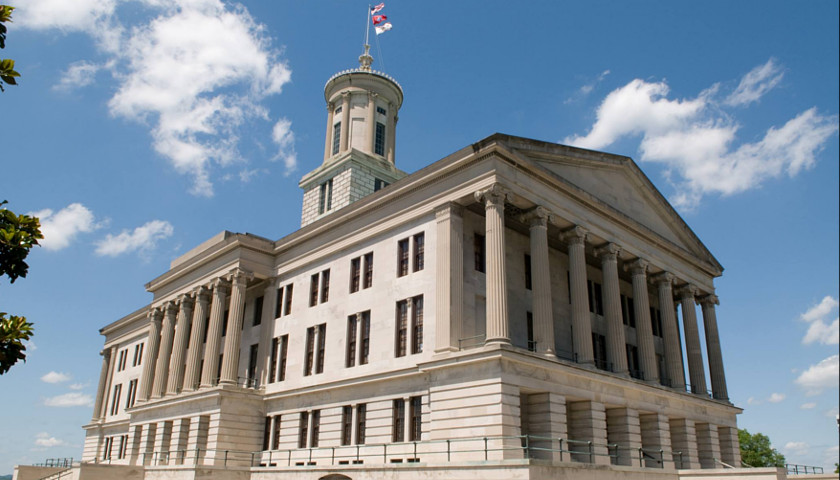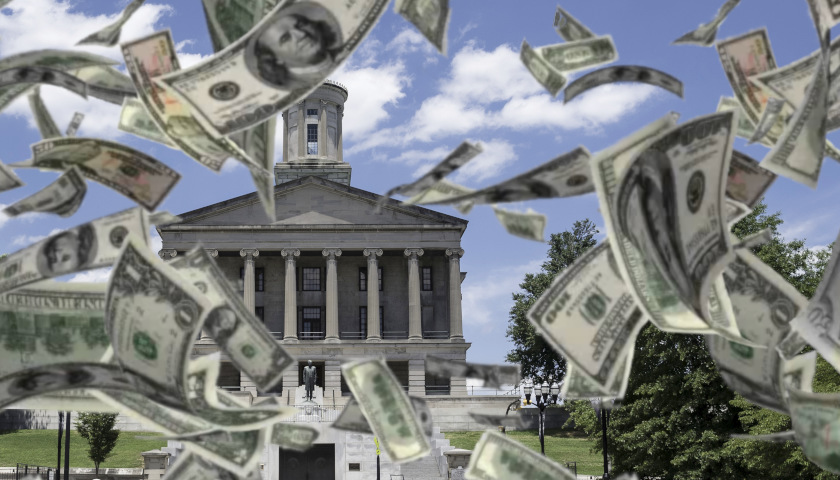Tennessee ranks seventh out of 50 states in economic outlook, according to the 2019 edition of Rich States, Poor States, released this week. That’s an improvement over how Tennessee ranked in 2018 (No. 12) and especially five years ago, in 2014 (No. 19), according to the book. A No. 1 ranking is the best and a ranking of 50 is the worst. In 2017, however, Tennessee ranked fifth out of the 50 states for economic outlook. The prior year Tennessee legislators phased out the Hall Income Tax over six years of scheduled reductions. The Arlington, Va.-based American Legislative Exchange Council published the book, written by Jonathan Williams, Art Laffer, and Stephen Moore. The authors say they base a state’s economic outlook ranking on a state’s current standing in 15 state policy variables. “Each of these factors is influenced directly by state lawmakers through the legislative process,” they wrote. “Generally speaking, states that spend less — especially on income transfer programs — and states that tax less — particularly on productive activities such as working or investing — experience higher growth rates than states that tax and spend more.” Variables authors considered included, among other things, property tax burdens, estate and…
Read the full story






